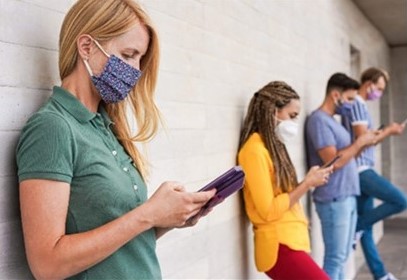So how are we to use this astonishing power we have ? This ability to shape the air into sounds of meaning which then we can share – is it purely and only a survival tool, a way to influence, or sell a line ? Are words just hooks to fish with ? And on from that, does communicating through words all boil down to propaganda, slogan, manipulation, cover-up, disguise, lie ? Are words just for keeping a felon toad in power ?
Or can they help create and sustain a worthy human community, fit for a future ? I am bound to believe that indeed they can. I know they have to.
And I have to believe that poetry is a currency of value, that it has a valid part to play in the real world, a world beyond arts festivals and poetry competitions. I know first-hand that it’s healing to write the stuff, especially if I feel I’ve got the words about right. But might it be healing to read it, as well ? Or, if not healing as such, something else of real and significant value, whatever that may be ? But let it be more than just entertainment for a few, or prettification, or diversion, or escape…
Above all, let it facilitate, even bring about, real connection between people, not just a matter of smart words read from a pedestal. Empathic connection. Words of integrity that reach out and touch. An opening up of some sort, in and between people, both writer and reader, but beyond mere personality. Some sort of finding together. Words of community.
During lock-down, and among – and maybe in response to – some of the feelings associated with that strange time, and with other contemporary events and conditions, I found myself formatting a number of different sets of my own poems, as small booklets to give away.
Nowadays, these can be produced at home to quite a high standard of design and production, of course. It being possible, might it not also be desirable ? Not only designed and printed at home, but hand sewn together at home, booklet by booklet. And then handed on to some friend and acquaintance, perhaps with reference to a conversation we’ve had, as part of our relationship.
So I’ve dropped all thoughts of reliance on specialist publishing expertise, or considerations that go with the commercial. Poetry is warm words of living connection. It’s a personal between thing. It belongs in the open hand. So let it travel warmly, hand to hand.
I have said “hand-sewn.” Sewing the pages and cover together is also a matter of threading a needle. Quite a few times per booklet, as it happens, in my case. I am not a dab hand at it and sometimes I get fed up with it, while neck muscles protest, and it takes too long, and so on.
And yet here is more imagery that fits and enriches this whole booklet idea. Getting the poem right is in itself a matter of threading words through the eye of a needle. Sadly, the wrong words also get through, and too frequently, but later – at least sometimes – you realise the shortcoming and return and try again. And when at last you are ready to let the poem leave you, it does feel as if the whole item has been carefully sewn together, each of its elements examined and accepted, found worthy and allowed through.
So for me, “publishing” my poems has become a matter of sewing words together and handing them to people who live in contact – people I know, people I’ve been talking to, people for whom a particular booklet might be relevant, following a topic we’ve just discussed, or a subject one of us has broached or shared. It’s another form of working from home, you might say.
I have uploading here an A4 version of the latest booklet (booklets don’t really work onscreen). It is an exploration of two items which have changed the world – their obvious differences but also their less obvious similarities. One is the face-mask which we have now lived with for so many months, but which one day we might be able to do without. The other is the digital screen, primarily that of the mobile phone. This of course has been around for longer and is less likely to go away. On the contrary, it will be accompanying and shaping our children’s lives in ways still hard for older people to imagine.
The poems were written over the last six weeks or so.

